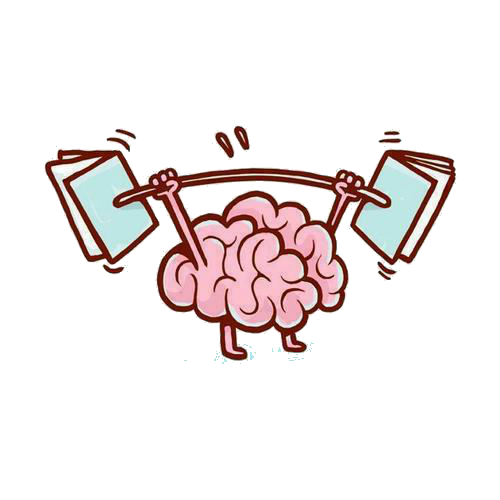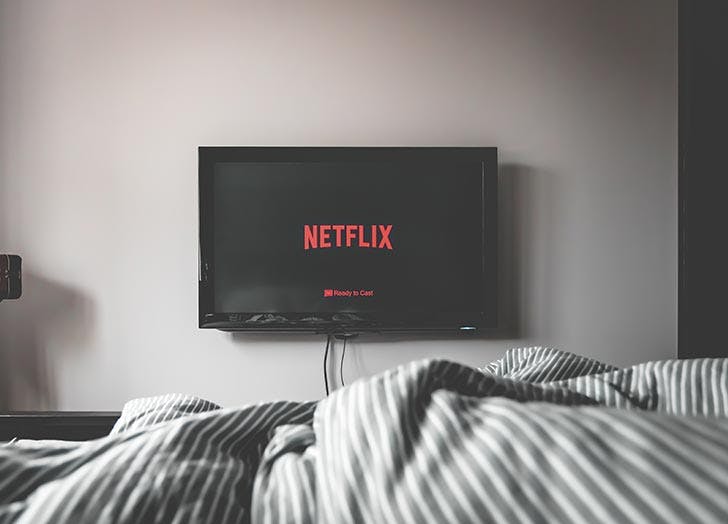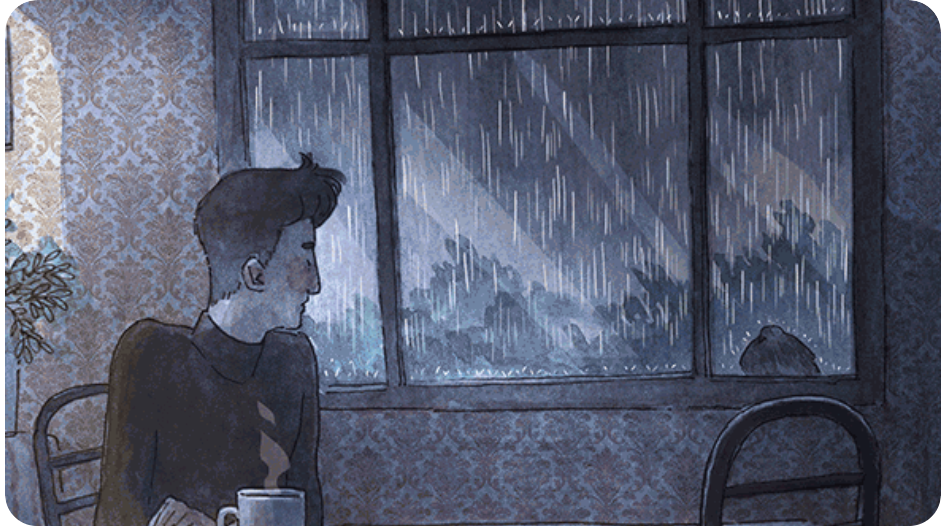Yawndemic – Why are we so tired?
There have been many reports lately of people feeling fatigued while they are studying or working from home. It is puzzling why so many are feeling a shared tiredness, even though for many there is less to do. Of course, there are many different helpful ideas to combat this, but it is worth pondering why tiredness has been sucking the energy from those want to get stuff done.
The first cause for this tiredness can be explained by mental fatigue, this is a result of prolonged strenuous cognitive activity. As most people are usually in a daily routine, they may accomplish various tasks in an auto-pilot-like effortless state, which has recently been disrupted through the machinations of COVID-19 distractions and life changing. The changes have caused the brain to process much more than typically necessary.
For example, many more hurdles are in place to simply catch up with a friend, or knowing if shop is open during this time and how to use new software to complete work obligations. All these small tasks accumulate to be a GREAT BIG cognitive weight. Much more arduous than our old simple lives a few months ago. The brain becomes more sluggish and prone to mistakes.
This is in addition to anxieties that accompany the unknowns of the current situation. This may be financial insecurity, concern for health of those around the world, negative perspective about the future and as some usual securities are questioned, possible survival instincts could be triggered which could heighten alertness and add to this mental load. A report from the World Health Organisation has address this, with suggestions for those experiencing heightened anxiety.
The timing is also an important factor to consider as to why we are a bit lethargic doing seemingly less. As we are coming into the colder months, such feelings can be common. Seasonal Affective Disorder (appropriately acronymized to SAD) is a disorder that negatively impacts mood, significantly affecting motivation and fatigue during autumn and winter. Although SAD is less common in the warmer climates such as Australia, it still impacts many people in Australia and may be a contributing factor to the reports of increased fatigue. Rainy overcast days don’t help to build a positive mood, and may intensify mental exhaustion and make a bit of Netflix in bed a much more attractive option.
But stop, wait! More time indoors can lower vitamin D levels that are ordinarily attained from sun exposure, and fatigue is a leading by-product of low vitamin D levels. Many people may be experiencing a level of mental health strain at the moment, yet all these factors in combination are likely not helping us feel more buoyant.
Some of the physical changes that can be made to combat such fatigue include getting enough sunlight, and doing so while exercising outdoors. It has been found to be incredibly beneficial to energy levels, particularly aerobic exercise, to get outside and exercise!
Internal changes that may assist in reducing some of the cognitive load include a reflective journal to help get thoughts off their mind and to work through any worries on paper. Expressing gratitude has also been found to help relieve overload. Keeping a positive perspective and appreciation for what you do have can be a relief. This could be done by mindfulness practices or simply saying thank you to those around you (friends, family, workmates etc) who bring you happiness. These people are also important for social support during this time. Having a friend to talk to during this time can be greatly beneficial, much like the journal, it will help to dissipate clogged thoughts.
These new times and experiences are creating some mentally draining behaviours, that will slowly become norms and require less cognitive load to perform each day. The priority is undertake healthy habits in which you are able to sustain during this time., Targeting what may be missing due to the unusual circumstances and addressing them. Understanding that this response, and feeling exhausted when seemingly doing less is a normal and understandable reaction to changing times. A respecting this is the first step to being kinder to yourself and adapting.










